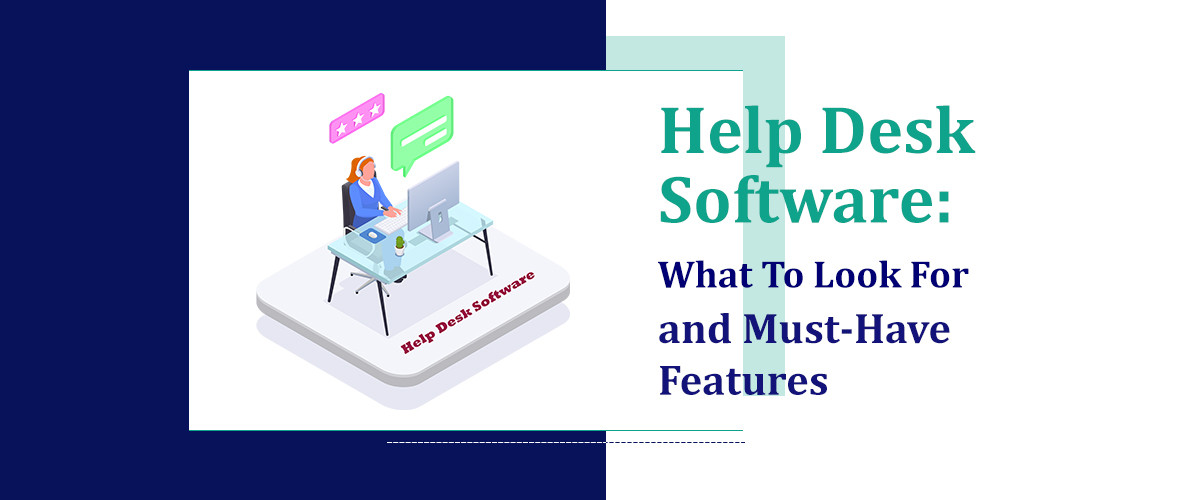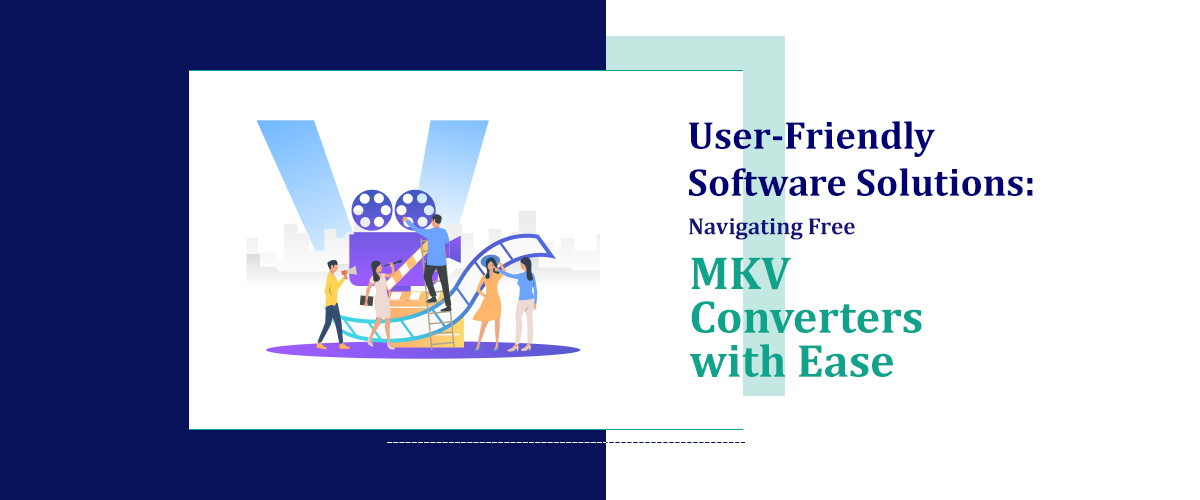What we'll cover
The hospitality industry has undergone sea changes over the last decade or so. For modern restaurants, dining is now about delivering a holistic experience to customers. Yes, the focal point will obviously remain the food, but there’s more to restaurants now than just food. One such element is the way transactions happen today. At the helm of these transactions are Point of Sale (POS) systems and terminals.
Whether you run a standalone restaurant or have multiple outlets or franchises, you must manage your POS systems. That’s where POS management solutions come into play. A POS management solution is like that executive chef who supervises every dish that comes out of a kitchen.
The 7 Best POS management solutions For restaurants
1. Scalefusion UEM
Scalefusion is a leading Unified Endpoint Management (UEM) solution renowned for its comprehensive approach to managing a wide array of devices and operating systems. Established with a vision to simplify device management for businesses, Scalefusion enables restaurants to secure and manage their POS systems with ease. Be it iPad-based menus integrated with your mPOS terminals or any Android or Linux-based proprietary OS, Scalefusion has you covered. Its intuitive UI, robust security features, and seamless integration capabilities make it a top choice for restaurants looking to optimize their operations and enhance customer service.
Pros:
Comprehensive Device Management: Scalefusion stands out with its robust capabilities to manage a wide array of devices and endpoints across multiple operating systems. This feature is particularly beneficial for restaurants that utilize a variety of hardware for their POS systems. In addition, Scalefusion’s kiosk mode feature allows you to lock your POS systems to single-app mode (or multi-app mode), so they only serve their dedicated purpose.
Enhanced Security Features: Security is a top priority for Scalefusion. The solution offers advanced security features like passcode policies, peripheral control, and OS and app patch management, among others, to protect sensitive data, ensuring that customer information and business data are safe from breaches.
Branding: One of the most useful features of Scalefusion is that it enables branding on managed POS systems and terminals. This is an aspect that is essential for restaurants to create brand resonance during POS transactions.
Versatile Integration Options: With its ability to integrate seamlessly with a range of third-party services like SSO and ITSM tools, Scalefusion offers restaurants a platform to streamline the operations of their POS terminals.
Cons:
Learning Curve for Advanced Features: While the basic functions are straightforward, some of the more advanced features may require a bit of a learning curve.
Pricing for Smaller Establishments: For smaller restaurants or startups, the pricing structure may be a consideration, as Scalefusion's comprehensive suite of features comes at a cost.
2. Toast
Toast, founded with the mission to empower the restaurant community, offers a cloud-based POS management system designed specifically for the hospitality industry. By providing a suite of products that include point of sale, online ordering, and employee management, Toast addresses the operational challenges faced by restaurants. Its commitment to innovation and understanding of the restaurant business has made it a trusted partner for eateries of all sizes, helping them streamline operations and improve the dining experience.
Pros:
Designed Specifically for Restaurants: Toast is tailored to meet the unique needs of the restaurant industry, offering features like tableside ordering, kitchen display systems, and customizable menus.
Strong Offline Mode: Toast operates effectively even without an internet connection, ensuring your restaurant can continue to process transactions during internet outages.
Robust Reporting and Analytics: Access to detailed reports and analytics helps restaurant owners make informed decisions based on real-time data.
Cons:
Hardware Compatibility: Toast requires the use of its proprietary hardware, which might not be ideal for restaurants looking to use existing equipment.
Cost: The initial setup cost and monthly fees can be on the higher side, especially for smaller establishments.
3. Square for Restaurants
Square for Restaurants is part of Square, Inc., a financial services and mobile payment company that has revolutionized the way businesses process transactions. Launched to cater specifically to the restaurant industry, Square for Restaurants leverages Square's user-friendly interface and flexible payment solutions, offering an adaptable and intuitive POS management system. Its mission is to provide restaurants with the tools they need to thrive, from front-of-house to back-of-house operations, ensuring efficiency and satisfaction.
Pros:
Flexibility: Square offers a highly flexible platform that caters to the needs of both small cafes and large dining establishments. Its pay-as-you-go pricing model is particularly appealing for smaller operations.
Ease of Use: The system is known for its intuitive interface, making its onboarding fairly easy.
Integrated Payment Processing: Square comes with integrated payment processing, offering competitive rates and simplifying the transaction process.
Cons:
Limited Advanced Features: While perfect for small to medium-sized restaurants, Square might lack some of the advanced features required by larger or more complex operations.
Dependence on Internet Connection: Unlike some other POS management software, Square's performance is heavily reliant on a stable internet connection, which could be a drawback in areas with poor connectivity.
4. Lightspeed Restaurant
Lightspeed Restaurant, a branch of Lightspeed POS Inc., is dedicated to providing cloud-based POS solutions to the restaurant and hospitality industry. With a focus on innovation, customization, and support, Lightspeed Restaurant aims to deliver a platform that not only manages POS terminals but also enhances the overall dining experience. Its powerful reporting, inventory management, and customer loyalty features are designed to help restaurants of all sizes grow and succeed in a competitive market.
Pros:
Extensive Customization Options: Lightspeed Restaurant offers a high degree of customization, allowing businesses to tailor the system to their specific workflow and menu.
Comprehensive Reporting: Detailed reporting capabilities provide insights into sales trends, inventory management, and staff performance.
Integration Ecosystem: Lightspeed boasts a wide range of integrations with third-party apps for accounting, loyalty programs, and more.
Cons:
Complexity: The extensive customization options and features can make the system somewhat complex to navigate for first-time users.
Price Point: The pricing structure, while competitive, maybe a bit steep for smaller establishments looking for a basic POS system.
5. Clover
Clover, a product of Fiserv, is known for its versatile POS management that caters to businesses across various industries, including restaurants. Clover's mission is to provide businesses with a comprehensive ecosystem that supports all aspects of their operations by offering a range of sleek hardware options and an open platform for third-party apps. From payment processing to customer engagement, Clover empowers restaurants to operate more efficiently and connect with their customers in meaningful ways.
Pros:
Versatile Hardware Options: Clover offers a range of hardware solutions, from handheld devices for tableside ordering to full-service stations, catering to various restaurant types and sizes.
App Marketplace: The Clover App Market provides access to numerous apps to extend functionality, including inventory management, employee scheduling, and customer loyalty programs.
Ease of Setup and Use: Getting started with Clover is straightforward, and its user-friendly interface ensures quick adoption by staff.
Cons:
Cost of Accessories: While the base system is reasonably priced, the cost of additional hardware and accessories can add up quickly.
Transaction Fees: Some users have noted that Clover's transaction fees can be higher than those of competitors, especially for businesses with a high volume of credit card transactions.
6. Upserve
Upserve, formerly known as Breadcrumb, is a restaurant management solution that goes beyond traditional POS systems. Founded on the principle of using technology to enhance the dining experience, Upserve offers a suite of tools designed to optimize restaurant operations, improve customer service, and increase profitability. Its powerful analytics and insights help restaurant owners and managers make data-driven decisions, setting Upserve apart as a partner in success for establishments looking to innovate and grow.
Pros:
Restaurant-Specific Features: Upserve is designed with restaurants in mind, offering features like menu optimization insights, server performance tracking, and table management.
Powerful Analytics: Upserve's analytics go beyond basic reporting, offering predictive insights that can help restaurant owners make strategic decisions.
User-Friendly Interface: The platform is praised for its clean, intuitive interface, which minimizes the learning curve for new users.
Cons:
Pricing Transparency: Some users have expressed concerns about the lack of transparent pricing on Upserve's website, making it difficult to estimate costs upfront.
Customer Service: While generally positive, there are reports of inconsistent customer service experiences.
7. Revel Systems
Revel Systems provides a feature-rich POS and business management platform designed to meet the needs of restaurants and retailers alike. With scalability at its core, Revel Systems offers a customizable solution that can adapt to the unique demands of any business, from small cafes to large chains. Founded with the goal of revolutionizing the point-of-sale experience, Revel Systems focuses on delivering reliability, efficiency, and insights to help businesses flourish in a dynamic market.
Pros:
Scalability: Revel Systems is designed to scale with your business, from a single location to a large franchise, making it a great option for growing restaurants.
Customization and Integration: With a wide array of customization options and integration capabilities, Revel can be tailored to fit the unique needs of any restaurant.
Offline Mode: Revel's robust offline mode ensures your business can continue operating smoothly without an internet connection.
Cons:
Complexity: The extensive features and customization options can make Revel Systems overwhelming for smaller operations.
Cost: The overall cost, including hardware, software, and add-ons, can be significant.
Wrapping Up
Each of the abovementioned solutions has been developed with the needs of the restaurant industry in mind, offering a range of features and capabilities to help businesses optimize their operations and provide exceptional customer service.
Whether you're a small local eatery or a large dining establishment, by choosing wisely, you can ensure seamless POS management that not only meets today's needs but also positions you for future success.

.jpg)


